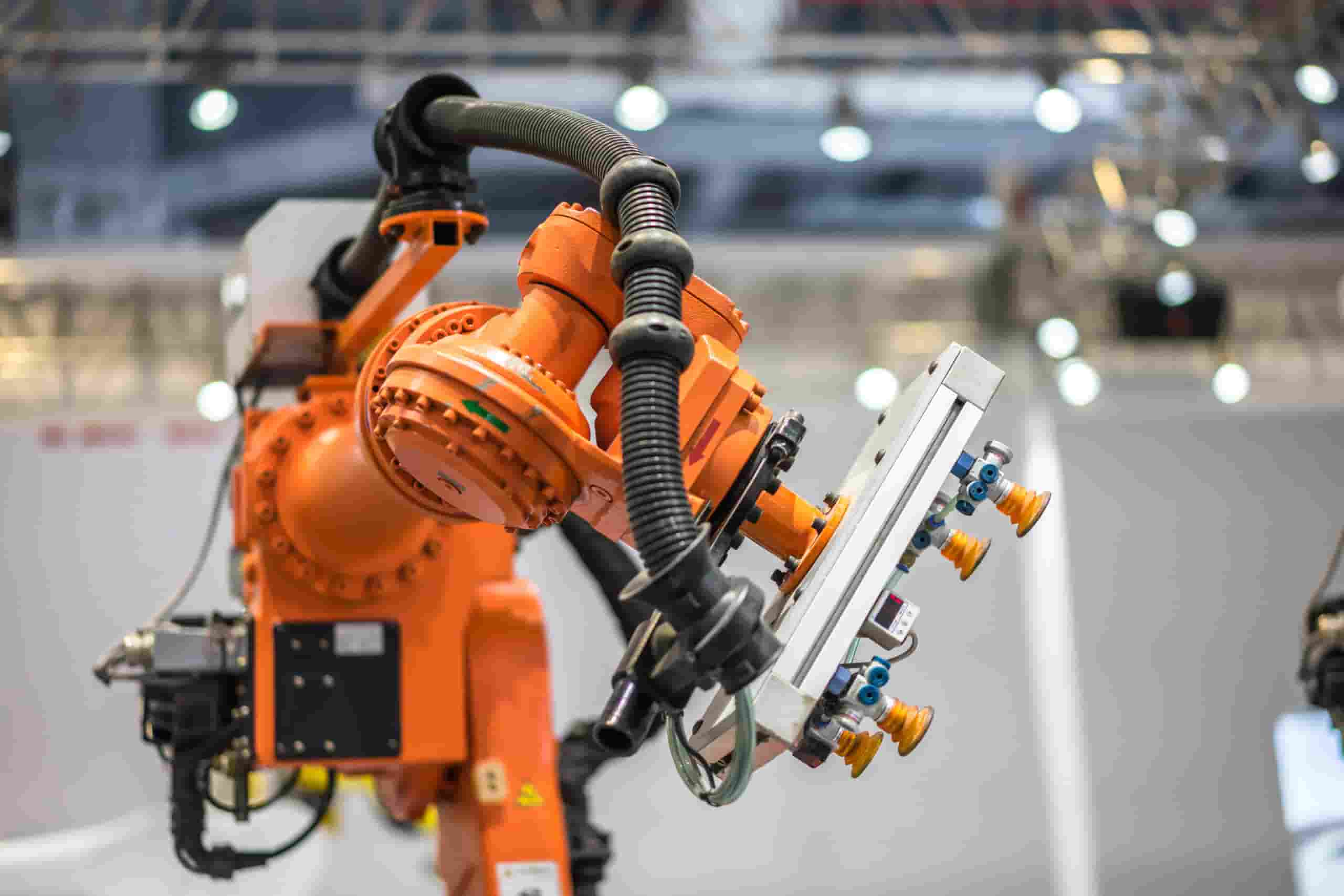
This month’s Five Questions piece features ARM Member Aaron Prather, Senior Advisor for the Technology Research and Planning Team at FedEx Express! Aaron is a passionate supporter of robotics – both from a technology and workforce perspective. Here he shares some of the reasons for this passion.
You can also learn more by joining Aaron, Sudhi Bangalore from Stanley Black & Decker, and Kel Guerin from READY Robotics as they discuss “User-Friendly Automation and the Future of Work” at the upcoming ARM Exchange webinar on Wednesday, January 27th at 2pm ET. Register to attend today!
Aaron, tell us a bit about your role at FedEx.
I am the Senior Advisor for the Technology Research and Planning team at FedEx Express. Our team’s mission is to seek out and evaluate new technologies to see if they are ready to enter the FedEx network. This can be anything from robotics to sensor-based logistics to drones. My role is to advise our leadership and fellow team members on many of these new technologies. This means that I spend a big part of my time talking and working directly with vendors and organizations like the ARM Institute to not only make these technology discoveries, but to figure out if and where they can find a home in a company like FedEx.
I also represent FedEx on Robotic safety standards committees at both the RIA and UL.
In your LinkedIn bio, you highlight robotics because this is where you “love to spend most of your time”. Why do you have a passion for robotics?
Being a kid that grew up on Star Wars and Buck Rogers, I have always been in awe of robotics.
Even today, I totally geek out when I see a robot pick up a package, take a part out of a CNC machine, or navigate through one of our sort facilities to deliver pallets of freight. It is still something magical to me and shows what is possible. It is that possibility that drives my passion for robotics.
Robotics can help in so many places. We can free up humans from these monotonous tasks and move them to other more meaningful work. This can increase productivity and worker safety. This is ultimately where my passion for robotics come from – their ability to help mankind advance and be safe while doing it.
You also appear to be passionate about the workforce needed to operate in a modern, automated manufacturing site. What is your vision for how humans and machines should be working together in the factory?
I am a firm believer that robots and automation can create jobs if we make the key investments in workforce development. With robots and automation come the need for technicians, programmers, engineers, and so many other jobs for people to do. All of this leads to teams of robots and humans working together in various missions. The robots will be doing the dull, dirty, dangerous tasks associated with the mission, while the humans do the safer, higher level tasks that require problem solving and creativity.
Later this month, you will be participating in an ARM Exchange webinar exploring some of these workforce issues. Can you share a bit more information about this webinar?
We are going to talk about a lot of things, because when it comes to workforce development there are so many sides to it. This means we will discuss items like automation trends in both manufacturing and logistics and the impact that has for manufacturing workforce training. Included in that, we will discuss some of the training programs that are out there and how they are getting results in training individuals for these new 21st Century jobs by deploying user friendly solutions like no code programming. Also, we discuss how all of this increases productivity and worker safety.
FedEx has been a member of the ARM Institute for over 3 years. What has this membership experience been like for you?
It has been a fascinating journey so far. Being able to collaborate with so many firms, institutions, and individuals on many different types of projects has been amazing. I know that my team has learned so much from these collaborations. At FedEx, innovation has always been part of our corporate DNA. Being a member of the ARM Institute allows us to continue that legacy. The collaborations and connections we have made through the ARM Institute have given us the opportunity to be part of some of the advanced technology development that I believe will move this country forward.
ABOUT THE ARM INSTITUTE
The Advanced Robotics for Manufacturing (ARM) Institute accelerates the development and adoption of robotics technologies that are the foundation of every advanced manufacturing activity today and in the future. We leverage a unique, robust, and diverse ecosystem of partners across industry, academia and government to make robotics, autonomy and artificial intelligence more accessible to U.S. manufacturers large and small, train and empower the manufacturing workforce, strengthen our economy and global competitiveness, and elevate our national security and resilience. Founded in 2017 in Pittsburgh, PA by Carnegie Mellon University and operating as an independent non-profit funded by the Department of Defense, ARM is part of the DoD Manufacturing USA® network. Learn more at www.arminstitute.org.
